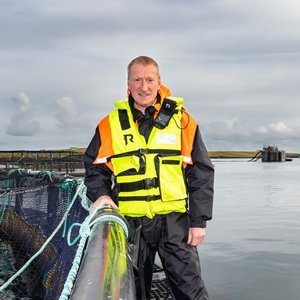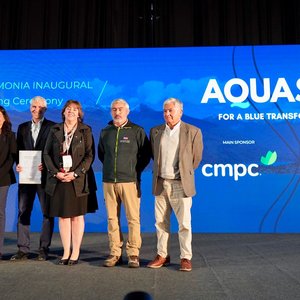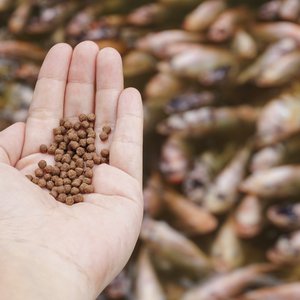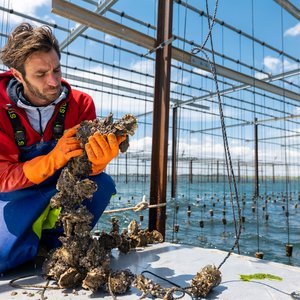The Institute of Aquaculture (IoA) of the University of Stirling has developed a pioneering tool that will minimize environmental and occupational health risks associated with the use of probiotics in shrimp farming. The interdisciplinary team is launching the computer-based tool in Bangladesh – as it is currently experiencing a growing demand for probiotics with the intensification in shrimp and fish farming – but the scientists believe a wider roll-out in the future could benefit other countries in a similar position.
Francis Murray, principal investigator, said that “there are an estimated 250,000, mostly small-scale, shrimp farmers in Bangladesh. Some of these farmers and hatchery owners are starting to use probiotics as prophylactics to prevent disease outbreaks and manage water quality. Due to the recent intensification of shrimp farming, most of the probiotics used by Bangladeshi farmers are imported from India and around the world. As probiotics fall out with the definition of drugs, they are in a regulatory grey area. Consequentially, production practices and product quality are highly variable – with many products of limited effectiveness applied under equally variable farming conditions. Our research also identifies potential risks to the environment and shrimp farm workers, and the marketing of these products as benign may be misleading.”
The tool uses a variety of indicators to differentiate riskier from higher-quality products, informing farmers and allowing regulators to focus limited resources where most needed. The indicators – based upon product label information and web research – were selected for their correlation with a range of risk factors, identified during laboratory analysis of product samples from Bangladesh and India.
The tool operates on a ‘traffic-light system’ that indicates where products feature on the scale of expected efficacy and safety, with a green light given to better quality products. The Stirling team hope their tool will facilitate the introduction of minimum standards for quality assurance and allow importers and distributors to self-regulate. A key partner in this work is the Bangladesh Aqua Products Companies Association, which represents major probiotic importer-distributors in the country.
The Pedigree project aims to bring research from a previous study, IMAQulate, into practical use. Both projects are funded by the Biotechnology and Biological Sciences Research Council.













